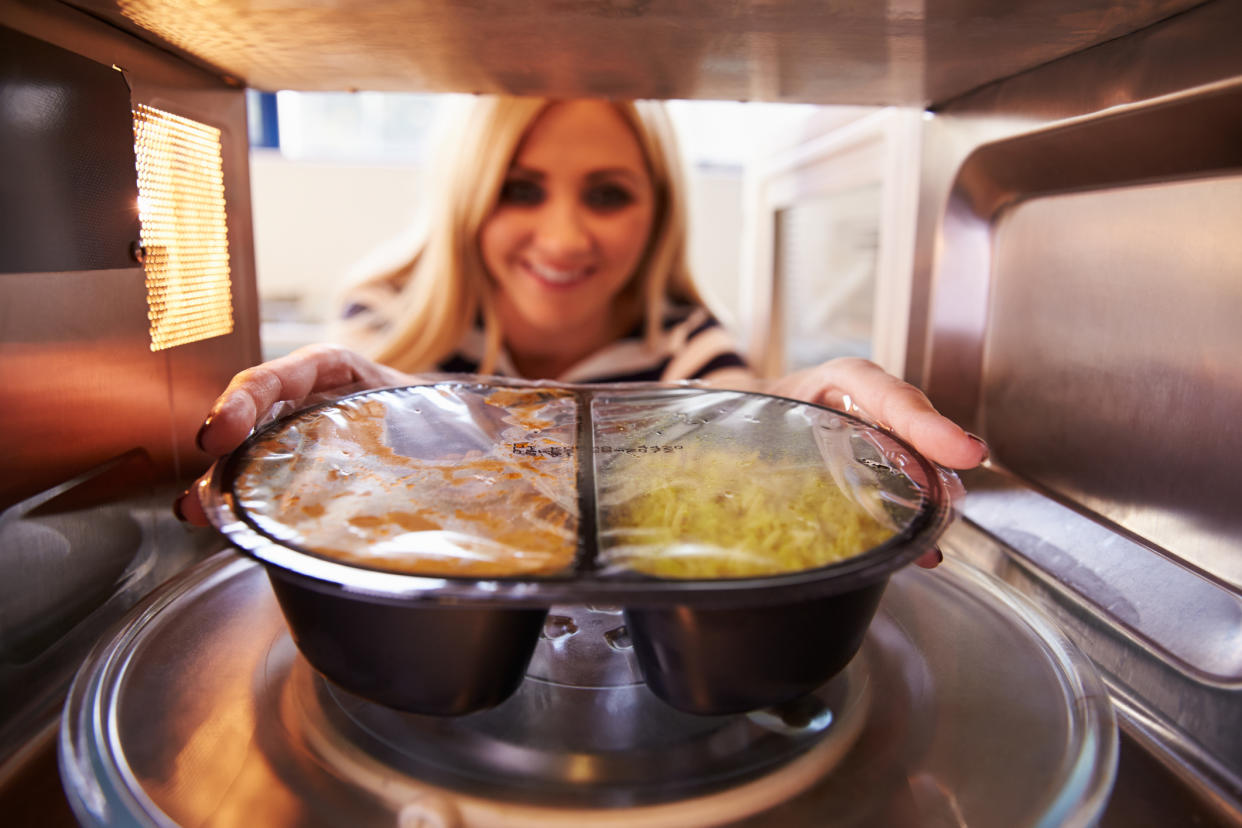Does microwaving your food really kill nutrients?

When it comes to the kitchen, your greatest love-hate relationship may be with your microwave.
The insanely useful device also infamous reputation for causing cancer, being a danger to children and killing all of the nutrients in your favourite frozen veggies — and with such a mixture of information, it’s easy to be suspicious.
While microwaves are considered perfectly safe when it comes to heating your food, people still have their doubts when it comes to how the appliance preserves nutrients.
When you put your favourite food in to heat it up, does it lose all nutritional value? According to a microbiologist in Food Science, the answer is no. Not really.
ALSO SEE: Seven foods you should never put in the microwave
“It’s all relative,” Keith Warriner, a microbiologist and professor in the Food Science Department at the University of Guelph told Global News. “It’s better than boiling, marginally better than steaming and obviously better than frying.”
According to Harvard Medical School, to retain nutrients, the cooking method must be fast and use as little liquid as possible. When it comes to these standards, a microwave is actually the prime candidate.
“It comes down to those high-energy wavelengths, because you can get more rapid heating and cooking in a microwave that will preserve certain vitamins,” said Warriner.
However, not all nutrients are created the same and some are more responsive to heat, meaning they degrade if subjected to high heat over a length of time. The faster these foods are cooked, the less likely you are to lose nutrients. It’s also better to avoid using methods that incorporate water.
“If you boil broccoli in a vat of water, most of the nutrients will be leached into the water, but if you cook it at a high temperature for a short period of time in the microwave, you’re retaining virtually all of the nutrients,” said Warriner.
While he confirms that microwaves may be the most effective way to cook your favourite nutrient-dense foods, there are some foods that are better off away from the microwave.
ALSO SEE: Why you really shouldn’t defrost meat in the microwave
Warriner warns that when it comes to frozen chicken, you’re better off defrosting it in cold water, over a longer period of time.
“It’s a myth that microwaves cook from the inside out. They use high frequency wavelengths to heat the outside of food and the heat radiates inside, much like it does in a traditional oven. As a result, because the microwave has so much energy, it will cook and even dehydrate the surface of the chicken, but it’ll still be frozen inside,” he said. “To defrost your chicken, you want to do it in cold water, because it’s a constant temperature and has better heat transfer characteristics.”
According to Warriner, the defrost button on the microwave is essentially useless. If you want to test the button for yourself, Warriner suggests trying to defrost frozen vegetable stew.
“You’ll see that it will look defrosted on the surface but inside it’ll still be frozen. It’s OK if you’re defrosting stew because you can stir it to even out the heat and put it back in. But you can’t stir a whole chicken,” he said.
When it comes to zapping nutrients from your foods, however, Warriner states there’s nothing to worry about. Even microwave defrosted chicken will carry the same nutrients, it’ll just be more broken down by the defrosting process.
However, he does believe some foods are better suited for the appliance than others.
“Frozen vegetables are ideal because they lock in nutrients better [since they’re flash frozen at their optimal nutritional point]. Put a bit of water in a dish, add the vegetables and cook. You’ll get really good texture and retain the nutrients.”
Let us know what you think by commenting below and tweeting @YahooStyleCA!
Follow us on Twitter and Instagram.



